Hampton Court Maze
England's oldest surviving hedge maze has been confusing visitors for over 300 years.
The Hampton Court hedge maze is the oldest surviving hedge maze in the United Kingdom, a multicursal (unlike a labyrinth, which is single-path or “unicursal,” in a maze which is “multicursal” a visitor must make decisions) puzzle maze baffling and delighting visitors since the 17th century.
While it isn’t nearly as large as modern-day mazes, it still provides a challenge and remains an important historical structure. The original design has since been modified due to gaps in the hedge, offering more ways to the center and more wrong turns, some of them ending in loops. It is constructed on a third of an acre, with half a mile of paths, within 60 acres of riverside gardens.
Planted by George London and Henry Wise for William III of Orange in 1690, evidence points towards the current maze having replaced an even older one, possibly devised for Henry VIII or Thomas Cardinal Wolsey. The maze is now the remnants of what was once the many winding paths of William III’s “Wilderness Garden.” Initially comprised of hornbeams, the maze has since been repaired over the years and was completely replaced with yew in the 1960s.
A project to restore hornbeam to the maze has been introduced, with hornbeam recently planted in the center to ascertain its viability in modern day wear-and-tear conditions. Unique at its time of development, the Hampton Court Maze provides multiple path choices and dead ends, whereas research shows that previous hedge mazes were unicursal, with only one path leading to the center.
There are several accounts of people losing themselves in the maze, both in literature and reality. One of the most popular, if exaggerated, accounts of navigating the labyrinth is given by 19th century British humorist Jerome K. Jerome in his 1889 novel “Three Men in a Boat.” He describes one character studying a map of the Hampton Maze, announcing it should hardly be called a maze, as it is so simple. The three men proceed to haughtily navigate the puzzle, only to become lost and circle around the center repeatedly until they had to call for the groundkeeper’s help.
The Hampton Court Maze takes an average of 30-45 minutes to complete, and though it is an ‘island maze’ which contains separate sections causing this technique to not normally work, the hedges are grown in a fashion where placing and keeping one’s right hand along a wall will lead them to the center.
A recent addition to the maze is the audio exhibit entitled Trace. Spread across the hedges is a gentle “soundwork” composed of music fragments, snippets of conversation, the rustle of fine silks, and tantalizing laughter that disappears upon turning corners; aimed at luring visitors down certain paths, Trace is a permanent art installation that will eventually incorporate one thousand generated sounds.
Know Before You Go
The maze is part of Hampton Court Palace. Check their website for a pricing guide.


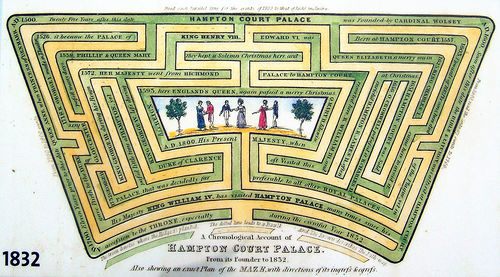
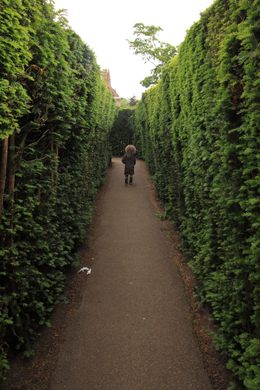


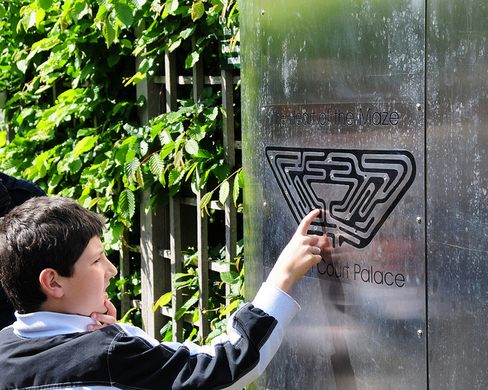
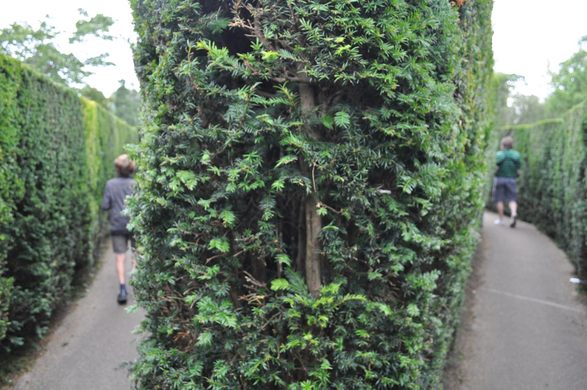
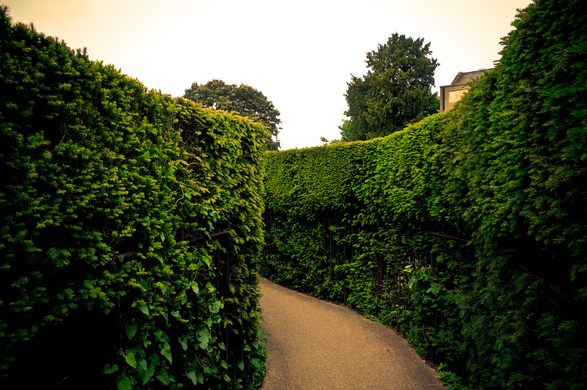





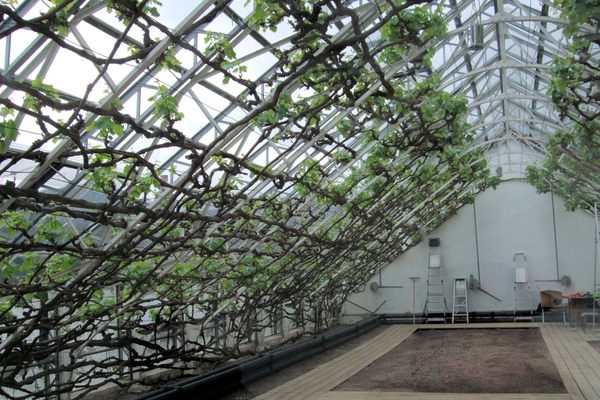


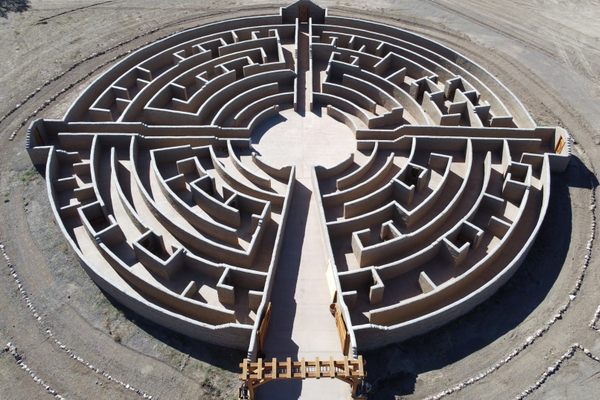

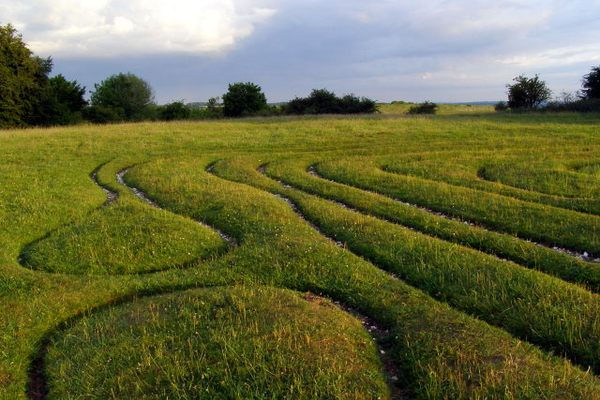
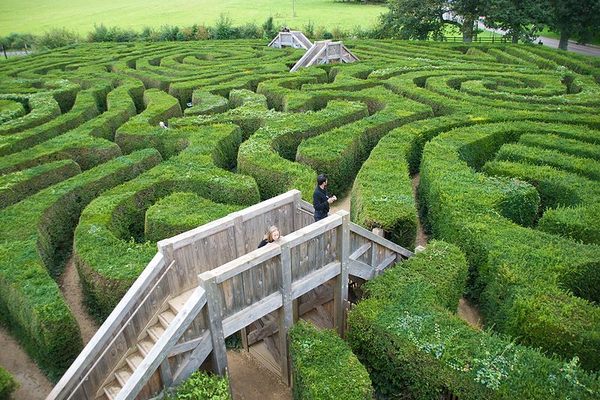

Follow us on Twitter to get the latest on the world's hidden wonders.
Like us on Facebook to get the latest on the world's hidden wonders.
Follow us on Twitter Like us on Facebook